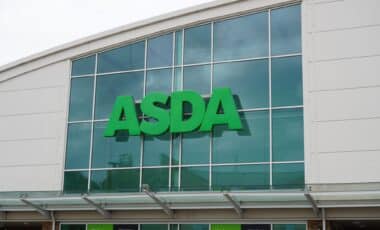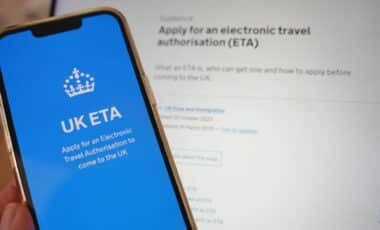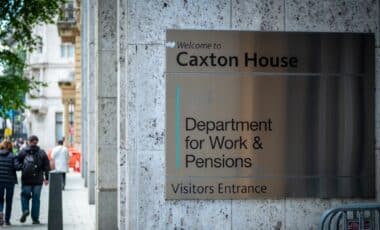In the face of relentless rising prices, millions of people across the UK are more dependent than ever on timely government support to make ends meet. The Department for Work and Pensions (DWP) plays a pivotal role in ensuring that individuals and families have the financial backing they need. As we approach July 2025, understanding when payments such as the state pension and benefits will arrive, along with available cost of living support, has never been more crucial.
When Will Your State Pension & Benefits Payments Arrive in July 2025?
Millions of claimants in the UK rely on their state pension and benefits for financial stability, and with inflation still squeezing household budgets, knowing when these payments are due can help prevent unnecessary stress. In July 2025, around 24 million people will receive their regular DWP payments, which include support for Universal Credit, Personal Independence Payment (PIP), Disability Living Allowance (DLA), Attendance Allowance, Carer’s Allowance, and Employment and Support Allowance (ESA). Importantly, there are no bank holidays affecting the payment schedule this month, ensuring that claimants can plan ahead without any unexpected delays.
State pension payments are made according to a regular schedule, with the specific day determined by the claimant’s National Insurance number. Here’s the breakdown:
- 00–19: Monday
- 20–39: Tuesday
- 40–59: Wednesday
- 60–79: Thursday
- 80–99: Friday
Understanding these payment dates is vital for individuals trying to manage household budgets amid rising costs. By staying on top of these schedules, people can ensure their essential bills, rent, and groceries are paid on time without facing the consequences of late payments.
Cost of Living Support: How the DWP Is Helping Struggling Households
While state pensions and benefits are crucial to daily life, additional support schemes have been put in place to help households manage the relentless cost of living crisis. One such initiative is the Household Support Fund, which is distributed by local councils and provides targeted assistance. These funds cover everything from appliance replacements to utility bill contributions, and even direct cash payments of up to £300 to those most in need. This programme is set to run until March 2026, transitioning into the Crisis and Resilience Fund with £1 billion allocated by the government.
For those on Universal Credit, financial relief isn’t limited to standard payments. Claimants can access interest-free budgeting advance loans to help cover emergency expenses. These loans vary in amount, with single claimants eligible for up to £348, couples up to £464, and families with children potentially borrowing up to £812.
In April 2025, changes to the repayment structure of these loans will provide some relief. The DWP plans to reduce the cap on loan repayments from 25% to 15% of the standard allowance, making it easier for people to pay off their debts while maintaining their essential spending.
DWP Benefits Migration and Upcoming Changes: What to Expect
The DWP has already made significant strides in streamlining the benefits system by transitioning claimants from older benefits like Tax Credits, Income Support, Jobseeker’s Allowance, and Housing Benefit to the more modern Universal Credit system. This migration is expected to conclude by January 2026. However, changes to Universal Credit are also on the horizon, and for many, these reforms may bring both relief and concern.
From April 2026, under new Labour welfare reforms, the Universal Credit standard allowance will rise by £7 per week from £91 to £98. While this is a positive development, the health element of Universal Credit will remain frozen at £97 until 2029/30, which may impact individuals with long-term health conditions.
More concerning for future claimants is the proposed reduction in the standard allowance for new applicants after April 2026. These individuals will only receive £50 per week, which is nearly £2,500 less than the current standard allowance.
Extra Support: A Lifeline for Vulnerable Households
In addition to government-provided benefits, there are numerous schemes designed to support vulnerable households. Discretionary Housing Payments help cover shortfalls in rent, deposits, and advance payments for those receiving Housing Benefit or the housing element of Universal Credit. Charitable grants for specific circumstances are also available, offering further relief to those facing unexpected financial burdens.
Another major support initiative is the expansion of free childcare provisions. By September 2025, all under-fives will be eligible for up to 30 hours of free childcare. This is part of a wider effort by the government to ease the pressure on working parents, particularly those on lower incomes.









